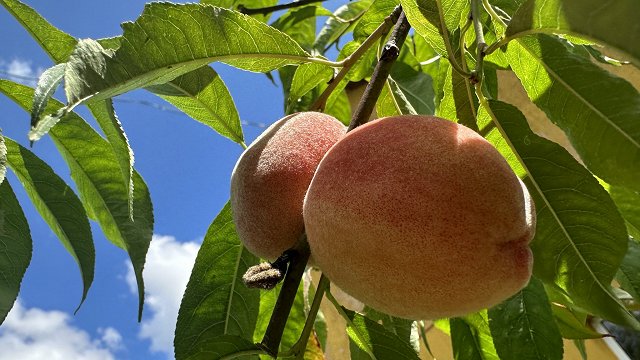Dženeta Marinska, a Livonian from Kolka, is one of the ten-person large sklandrausis bakers' community in Kolka, which lives under the umbrella of the Latvian Bakers Association. For 20 years she has baked this North Kurzeme traditional treat of rye flour, potatoes and carrots. The news that sklandrausis was ranked in the top of the world's most untasty dishes, made her question where the makers had eaten it. “That combination is peculiar. [..] I agree, not all baked sklandrausis turns out the same although the same ingredients are used. My experience is that people's opinion of this product changes after they try it with me,“ she said.
Sklandrausis, which won the European Union quality label “traditional specialty guaranteed” a decade ago, is not the only Latvian dish criticized by the site TasteAtlas. The entire Latvian traditional cuisine has been recognized as one of the most untasty in Europe, leaving only Malta and Iceland behind. The recipient of the Latvian “Chef of the year 2022” and “Michelin” Award of Excellence Nils Ģēvele does not see this as a voice of truth:
“I've been elsewhere as well and I've tasted more unsavory cuisines, I think it's not worth getting all wound up about.”
“The ancient dish was more nutritious and less of a pleasure, as I understand it now. And that's why the food that was primarily meant to feed the hungry belly, which has 12 hours to work on the field, and what we want now is something else, I can take it as a base and upcycle it a little bit in my vision, my view, and then maybe something interesting and delicious comes along as well,“ said Nils Ģēvele.
“TasteAtlas” criticism will receive a response from the Investment and Development Agency of Latvia (LIAA) to make Latvian cuisine a tourist magnet. The official tourism portal Latvia Travel highlights a quote from renowned British chef Jamie Oliver calling Latvia Europe's undiscovered culinary jewel.
Inese Šīrava, Director of LIAA Tourism Department, said that TasteAtlas tops will not require a review of priorities and a refusal to advertise Latvia's traditional kitchen: “Gastronomy is one of the big things at the moment, given its common world tendencies in general, food dominates everything in people's lifestyle, and people are very interested in cooking techniques, products, they want to try kitchens in different countries [..] It won't go unnoticed, we see our local people have noticed [the ranking but I think our goal is not to convince someone of what is delicious or unpalatable, but the goal is to get people interested in trying, giving their own assessment and judging from their experiences.”
There is a difference between national cuisine, which has more of a political frame, and traditional cuisine, where the boundaries of the region are more significant. Food culture researcher Astra Spalvēna said – to be considered traditional, a dish has to go through three generations or about 100 years: "Festive meals are changing at the slowest rate, so we can find the traditional national component most in festive dishes because they are the oldest because we want to continue the family tradition, we want to cook what Mum cooked, what Gran cooked, the way she cooked, that's not how anybody can cook anymore. [..] In time, those foods that have come to us, whether they be dumplings or Solyanka soup, they get such rather uniquely peculiar features for the region, because many of the foods that came here not only during Soviet times but also during other periods, we adapt to our taste and adapt to suit our possibilities,” Astra Spalvēna said.
Dženeta Marinska added that Latvian traditional kitchen viability depends only on Latvians: “It's not easy, it's up to ourselves to care for its culture. Let us not despise the traditional, let us honor these traditions by preserving them, so by passing them on from generation to generation! If, say, the food vocational school prepares chefs, I don't know, I'll just ask if their program includes the preparation of traditional Latvian dishes. I was at the Riga Food exhibition in the autumn, attended by a lot of vocation students, who didn't know what sklandrausis was.”
“I think there's a good enough cuisine in Latvia, enough good restaurants and very good chefs, and I'd say it happens everywhere that food can be untasty, but if we don't experience the untasty, we don't know how tasty tastes,” summarized chef Nils Ģēvele.


























